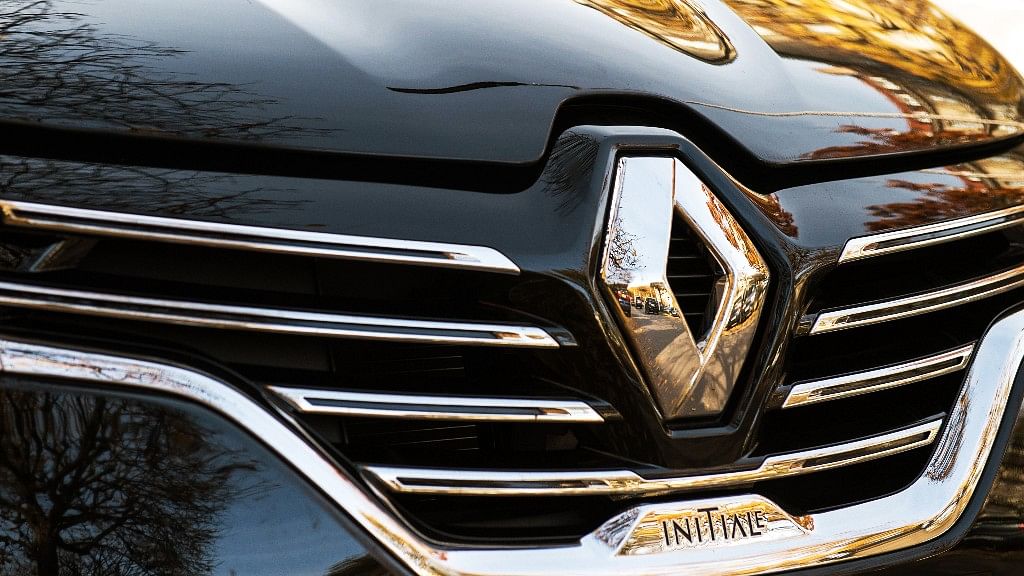The Dieselgate claim scandal started with only one car manufacturer involved, Volkswagen, accused of installing a defeat device. Although the company denied the allegations at first, the German car manufacturer later admitted that they installed the mechanism into more than two million VW utility vehicles and in its subsidiaries Škoda and Audi.

The cheat software detects when the vehicle is undergoing an emissions test and automatically switches to a low-emission compliant mode. This masks the actual amount of NOx (Nitrogen Oxides) that the vehicle emits, often 40% higher than the regulation limit.
NOx is a combination of nitric oxide and nitrogen dioxide, which contribute to the formation of smog and acid rain. The toxic fumes cause damage to the respiratory tract and aggravate respiratory infections, including asthma. Nitrogen dioxide alone causes coughs and shortness of breath, while excessive exposure to nitric oxide can lead to hypotension and a collapsed lung.
Emissions deception allegations
Recently, research proved that two Renault models, Captur and Mégane, produce 16 times more NOx on the road. Overall, the data showed that 80% of newly-released diesel vehicles introduced in 2017 failed to satisfy the statutory limit. This landed Renault in the top 10 of a consumer rights website’s most NOx-emitting cars list in 2018.
Additionally, Renault has just been charged for deceiving the public in connection with a long-running investigation on diesel emissions. The French Direction générale de la concurrence, de la consommation et de la répression des fraudes (DGCCRF) has been investigating Renault since 2017 because of suspicions that the manufacturer installed a fraudulent device similar to the one that Volkswagen used. An investigation in 2019 revealed that on-the-road NOx emissions for several Renault models were more or less 10 times over the regulatory limits. The discrepancies between emissions during lab tests and actual road use were at 377%.
Renault was ordered to pay £17.2M in bail and guarantee £51.5M in the bank in preparation for compensation claims. Renault’s senior executives, including its former CEO Carlos Ghosn, have been accused of using fraudulent emission test methods for over 25 years.
Gilles Le Borgne, the French carmaker’s head of engineering, argues that no one was deceived. Though the full scope of the probe is still being determined, he stated that the engines in question were installed in vehicles between 2009 and 2011 and 2013 and 2017.
In January 2016, Renault recalled thousands of diesel vehicles to make “engine tweaks.” After three years, the Clio and Captur diesel models were discovered to emit more pollutants outside official test settings in 2019. This was an indication that its exhaust treatment failed in normal use when the ambient temperature range was below or above that of official tests.
There are a host of other car brands that are involved in similar Dieselgate scandals. Aside from Volkswagen, Mercedes-Benz was also among the first to have been caught. Others in the potential list are Vauxhall, Ford, Alfa Romeo, BMW, Jeep, Suzuki, Nissan, Peugeot, and Citröen.
In France, if investigative magistrates find persistent and serious clues, they can legally file charges on individuals and companies for probable involvement.
Making an emission claim
The diesel emission scandal played a significant role in persuading the European Parliament to pass legislation in November 2020 that will allow firms accused of large-scale fraud and other crimes to file class-action lawsuits similar to those filed in the United States.
If you are a Renault diesel car owner, you can apply for a diesel compensation claim if your vehicle is on the list of affected models. Cars bought or leased from 2009 to 2017 are eligible. You can search online vehicle registration checkers.
Scout for a team of solicitors that is highly qualified and experienced to handle emissions lawsuits. There are emission compensation experts who can help you claim your Renault diesel car. Most firms offer their services on a “No Win-No Fee” arrangement so, if you lose the lawsuit, you do not pay them anything. If you do win, though, there is a chance that you get back 100% of the cost of your vehicle. Your chosen solicitor will take 20-35% of the damages paid to you as your payment to them.
Contact emissions.co.uk for your Renault emission claim to charge the car manufacturer for any damages and health issues the air pollution from excessive NOx emissions may have caused you and your family.












